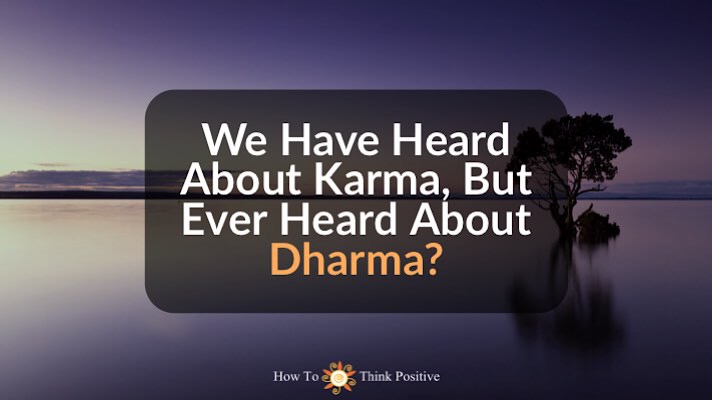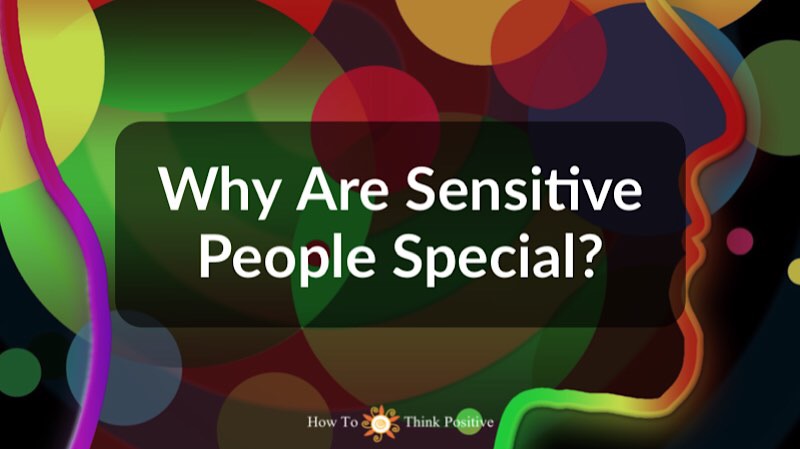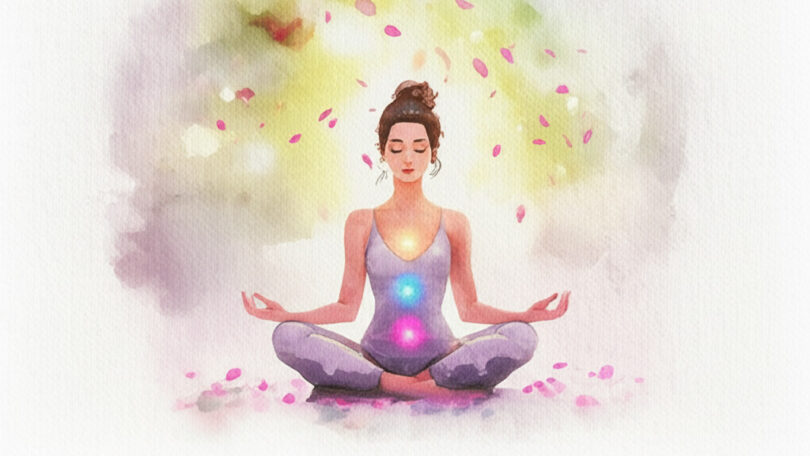Often we hear about Karma, but there is something else that is as important if not even more important. This is called Dharma. You may or may not have heard about it but it is the counterpart of what Karma is.
This post contains Amazon affiliate links, meaning I may earn a small commission if you purchase through my links, at no extra cost to you. Note: We aim to provide accurate product links, but some may occasionally expire or become unavailable. If this happens, please search directly on Amazon for the product or a suitable alternative.
What Karma and Dharma are in a basic level
Karma is a situation to allow us to learn. Think of Karma as a cause. How most of us understand karma is like this: When we do something bad or hurtful to another person for example, we have essentially marked ourselves to get an equal if not worse experience than what we have caused.
Dharma on the other hand, is when we learn from that “something” we have caused to others.
Dharma happens when we learn what we’re supposed to. Also, Dharma removes Karma. You can think of Dharma as the “light bulb” moment when we have learned our lesson from Karma.
No Karma is permanent.
The moral law in the universal sense
Dharma. We can understand it in two ways. In the Hindu tradition in Hinduism, Dharma is the moral law, but in the universal sense it is the highest ethics.
It is the duty of human beings, so to speak, to set in motion all our internal potentials to free ourselves and to give the best of ourselves to ourselves and, of course, to others.
It is, by extension also a Divine Law, the law of the absolute. In Buddhist tradition, Dharma is the teachings, the set of teachings of spiritual instructions, of methods imparted by Buddha to free the mind of obfuscation, of greed, of hatred and thus go walking towards nirvana or definitive liberation.
What is the path or paths to follow?
In a general way, it would be the path of devotion, the path of selfless and more conscious action, the path of meditation or the control of the mind. The path of conscious work on the body to reach also the energetic body. The path of internalization to find ourselves and within, that which animates all sentient beings.
As one teacher said: “There are many slopes towards the top of the mountain. Each one will choose the one that most agrees with his predisposition. But in the end we will all see each other at the top.”
The roads are very numerous, but in the end the road has to lead you to your own inner path, the journey to the inside.
How can we know what our Dharma is?
On one hand there would be that Dharma, which is the authentically ethical moral sense that we all must find and then let us undertake so that it positively modifies our life.
But then at a level, let’s say, even more practical, less metaphysical, or philosophical, all these “moments of learning” are methods that are like a great pharmacy of medicines so that we can ingest them and continue on the path of self-realization.
Each one of us has to search through discernment, through purpose and motivation, through the desire to find for our own good, for the good of others, our own inner freedom.
Are there techniques that allow it to surface so that it is more visible?
What we call the interior work, it assumes from the conscious work on the body to the discernment and the deeply reflective analysis, the methodical practice of concentration and meditation, the disciplines of self-observation and self-knowledge. And then, of course, it brings to everyday life an attitude of balance of love, of lucidity. Because we must not forget that meditation for example, is also a technique of life, an art of living that should not be left only in a room, in a classroom where we meditate, but transcend our daily life.
So any person at any time of their life, wherever they are, can apply it?
Dharma is based on three points, which we can describe as the triple discipline:
- The ethical or genuinely moral discipline
- The discipline of development of the mind
- The discipline of correct understanding or wisdom
In that sense that is why a casual practice of Mindfulness can be incomplete. It is thin because it HAS to be present always. Not only to be attentive, but to be ethical and have wisdom, because Mindfulness on its own is like having an infinite thief, an extortionist, a torturer if there is no moral, if there is no wisdom, even in Mindfulness this is not mentioned, which can be very dangerous because it can be used for no charitable purposes.
source: Ramiro Calle









